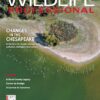Search Results for: The 1,000

TWS Position Statement: Climate Change, Sustainability, and Wildlife
Back to Position Statements page The scientific evidence for human-caused climate change is vast. Greenhouse gas emissions are the primary driver of rapid global warming. Failure to curb the human-caused...
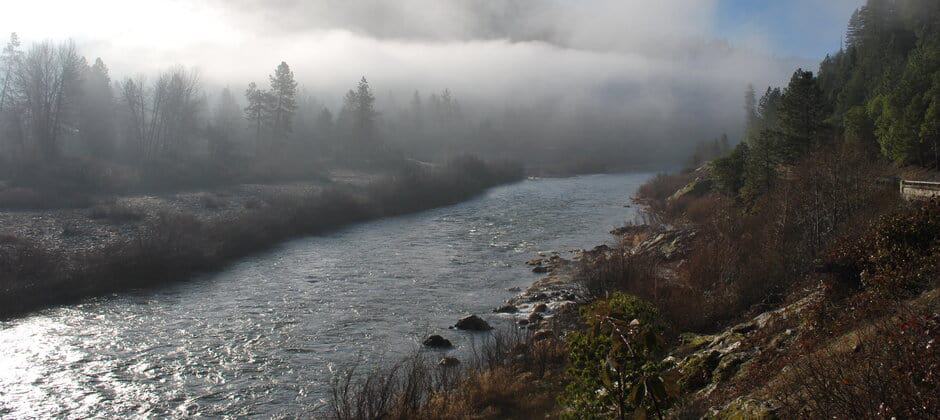
Apply now for 2023 Native American Research Assistantship
The USDA Forest Service (USFS) and, starting this year, the U.S. Geological Survey (USGS), through partnership with The Wildlife Society, are offering research assistantships for Native undergraduate or graduate students...
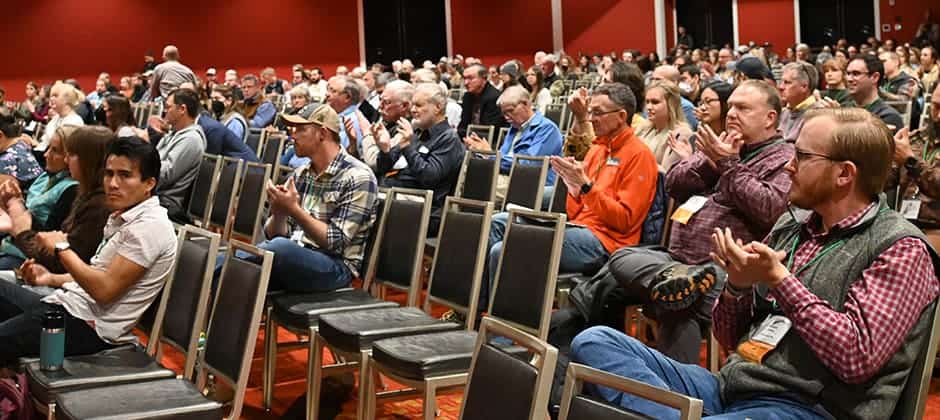
TWS wraps up another successful Annual Conference
The Wildlife Society concluded its Annual Conference on Thursday—its first in-person conference in three years. Some 2,000 wildlifers from across the country and around the world turned out for the...

Gray whales and their calves have declined
A high number of gray whale strandings in recent years, likely related to climate change and malnutrition, has resulted in declines in this population of marine mammals and fewer calves...
TWS2022: A salve for conservation wounds
The best way to heal the wounds of ecological degradation is through storytelling and political involvement, 2021 Aldo Leopold Memorial Award recipient Mike Phillips told wildlifers in his keynote speech...
TWS2022: Speakers hail need for salmon restoration at plenary
The Wildlife Society kicked off its 2022 Annual Conference in Spokane on Monday with a focus on dam removal to restore healthy, salmon-fueled ecosystems throughout the Upper Columbia River Basin....
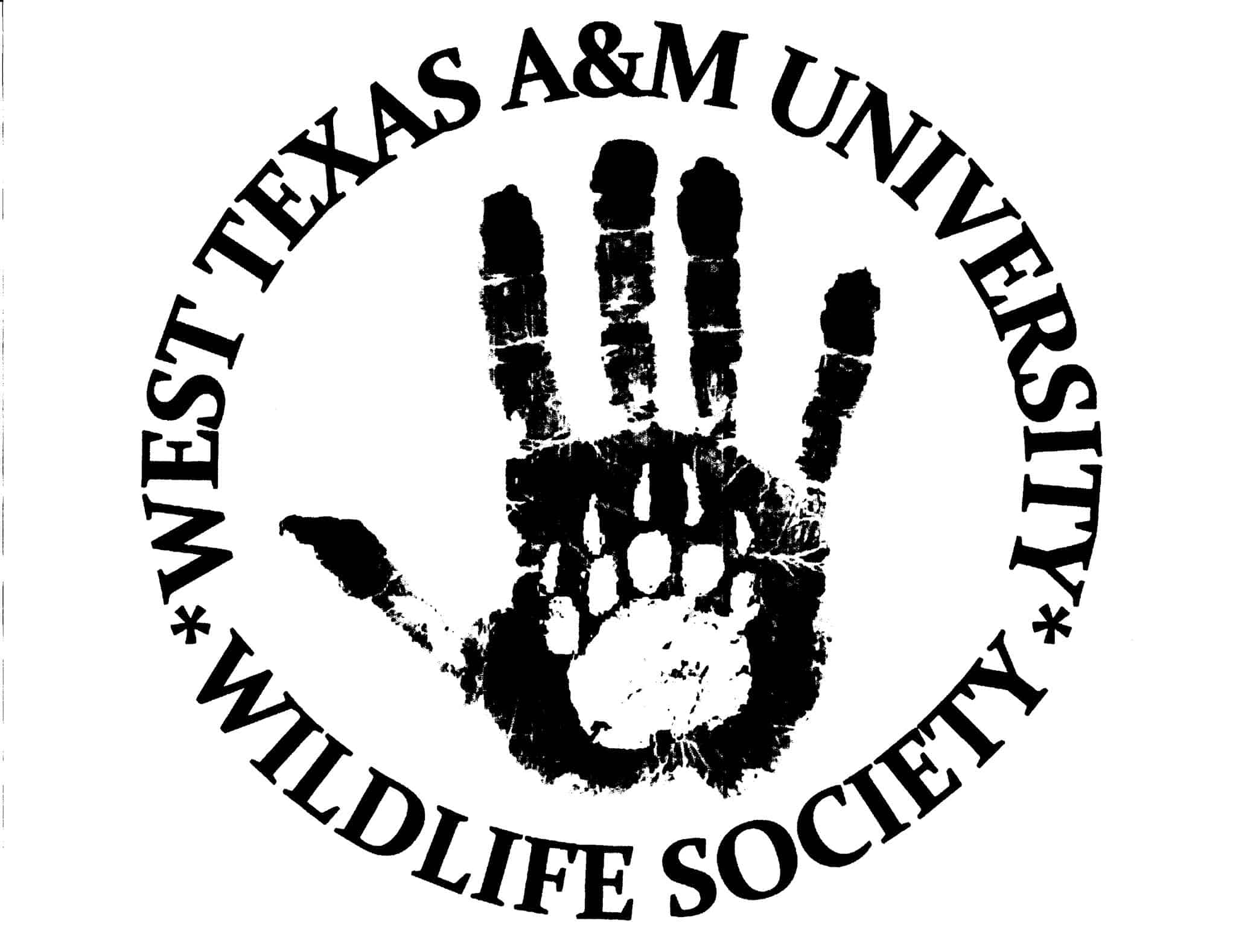
Warming climate, shrinking birds
As the climate warms, North American birds are becoming smaller. In a study published in Nature Ecology and Evolution, researchers from the University of California, Los Angeles found that over...
Emperor penguin gains Endangered Species Act protections
The U.S. Fish and Wildlife Service has finalized plans to list the emperor penguin (Aptenodytes forsteri) as threatened under the Endangered Species Act. The final rule cited the substantial risk...
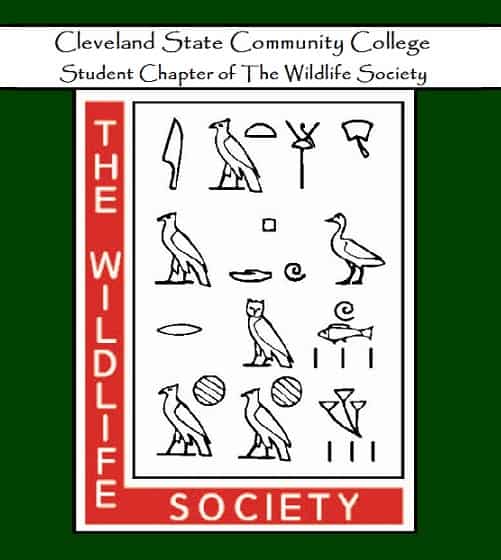
Urban wetlands hold diverse wetland species
Urban areas probably aren’t the first places that comes to mind when you think of wetland birds. But a recent study found that around Chicago, even small urban wetlands are...
Ancient bone deposits reveal past albatross abundance
Ancient albatross bones have revealed that the birds were likely more plentiful in Vancouver Island Archipelago centuries before unregulated harvests decimated their populations. Short-tailed albatrosses (Phoebastria albatrus) are found across...

